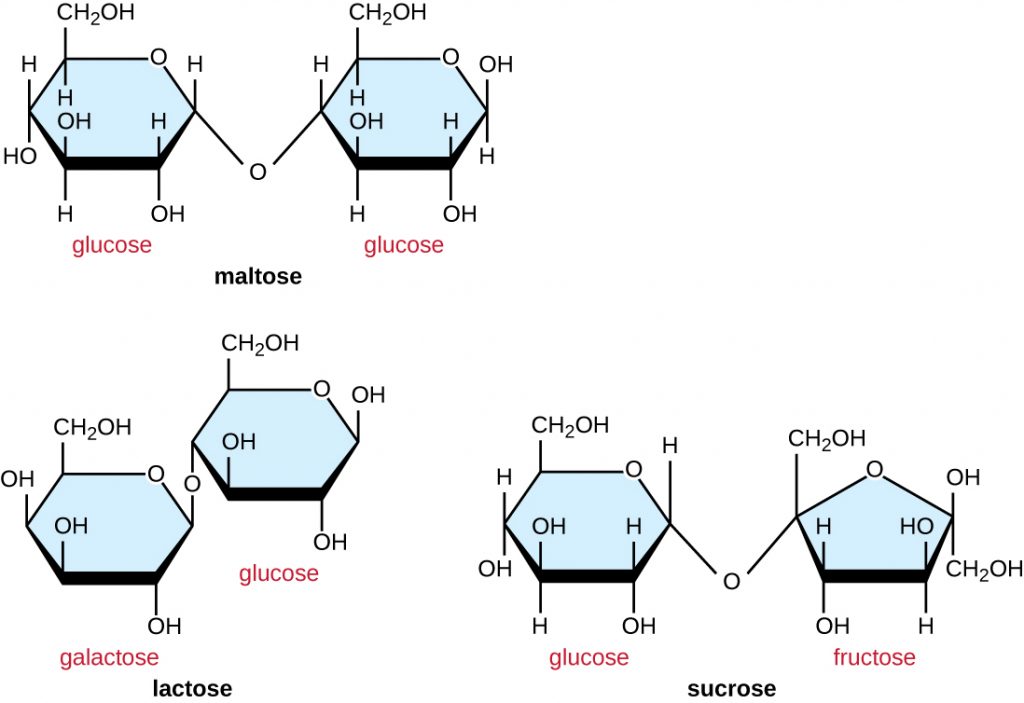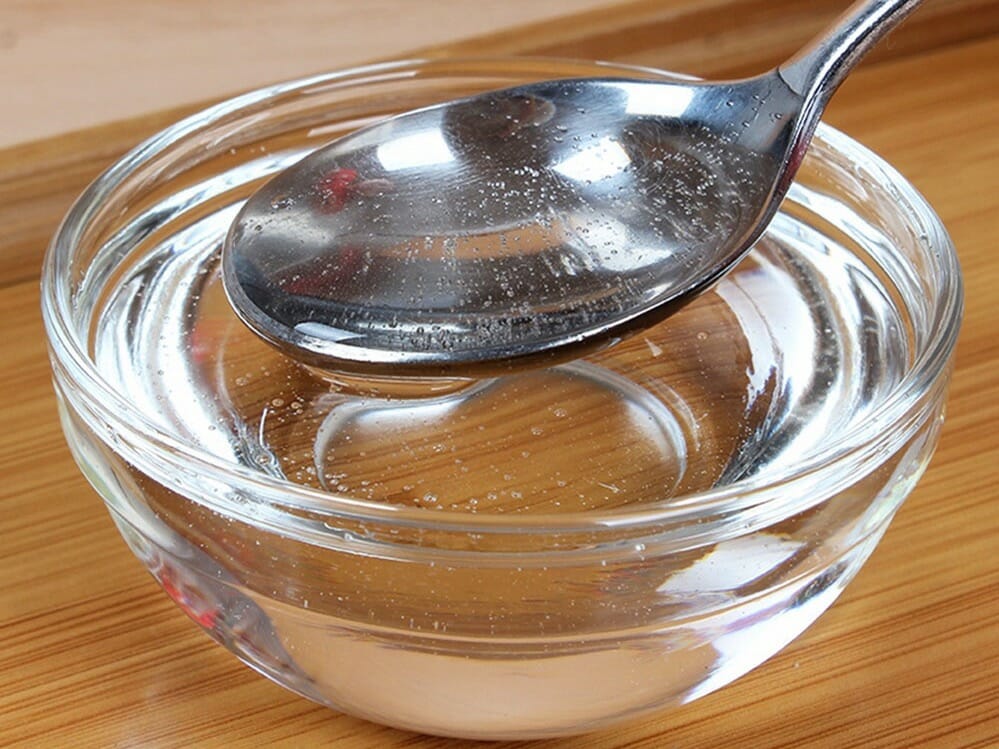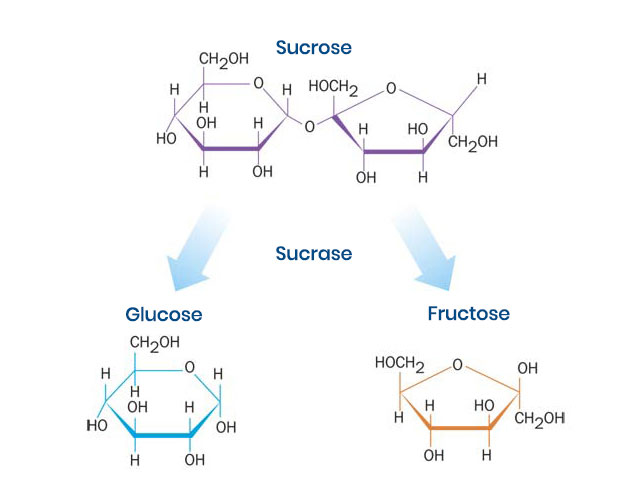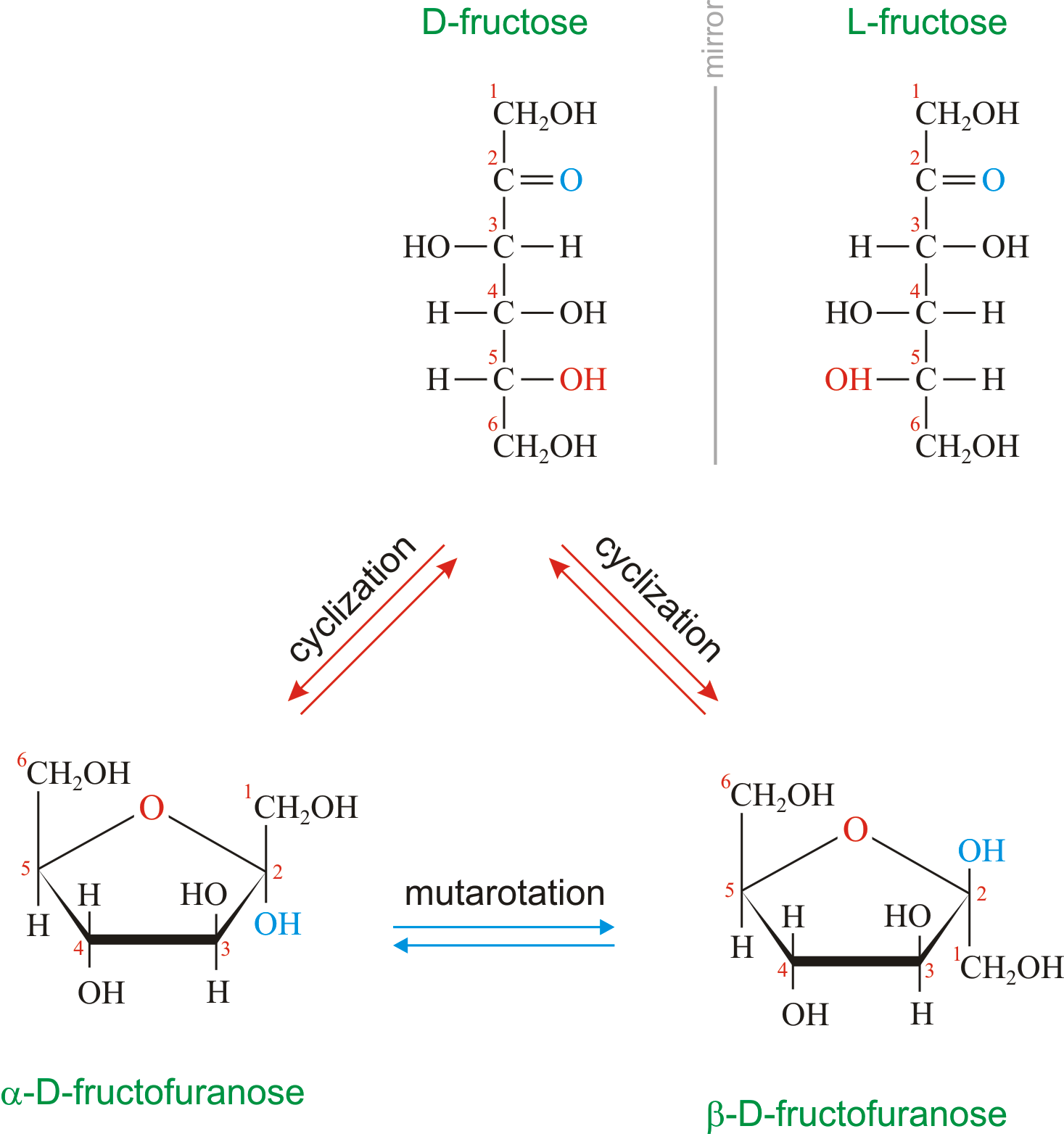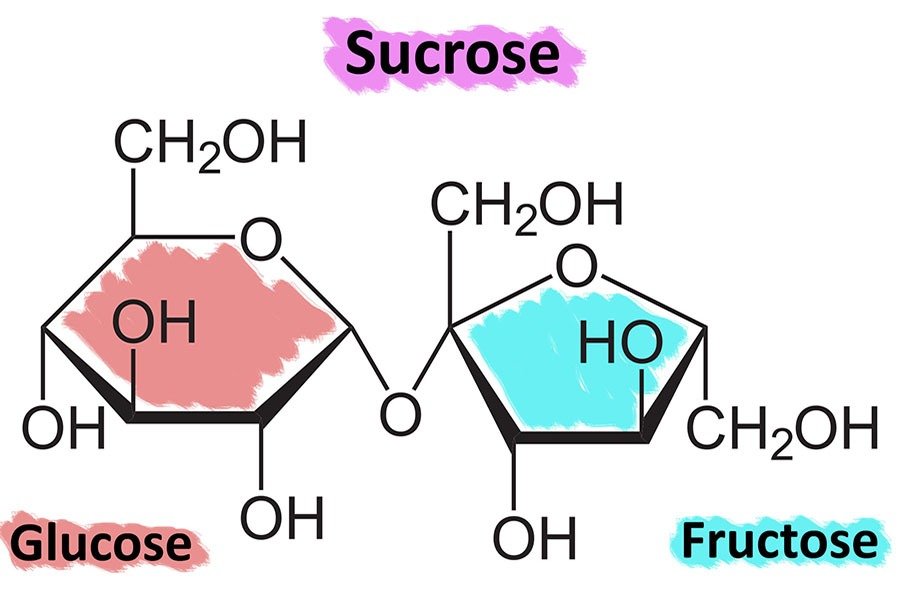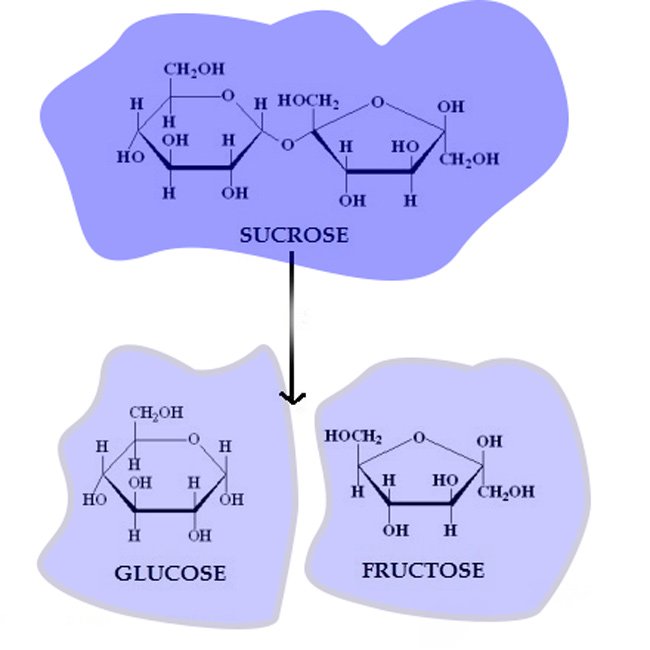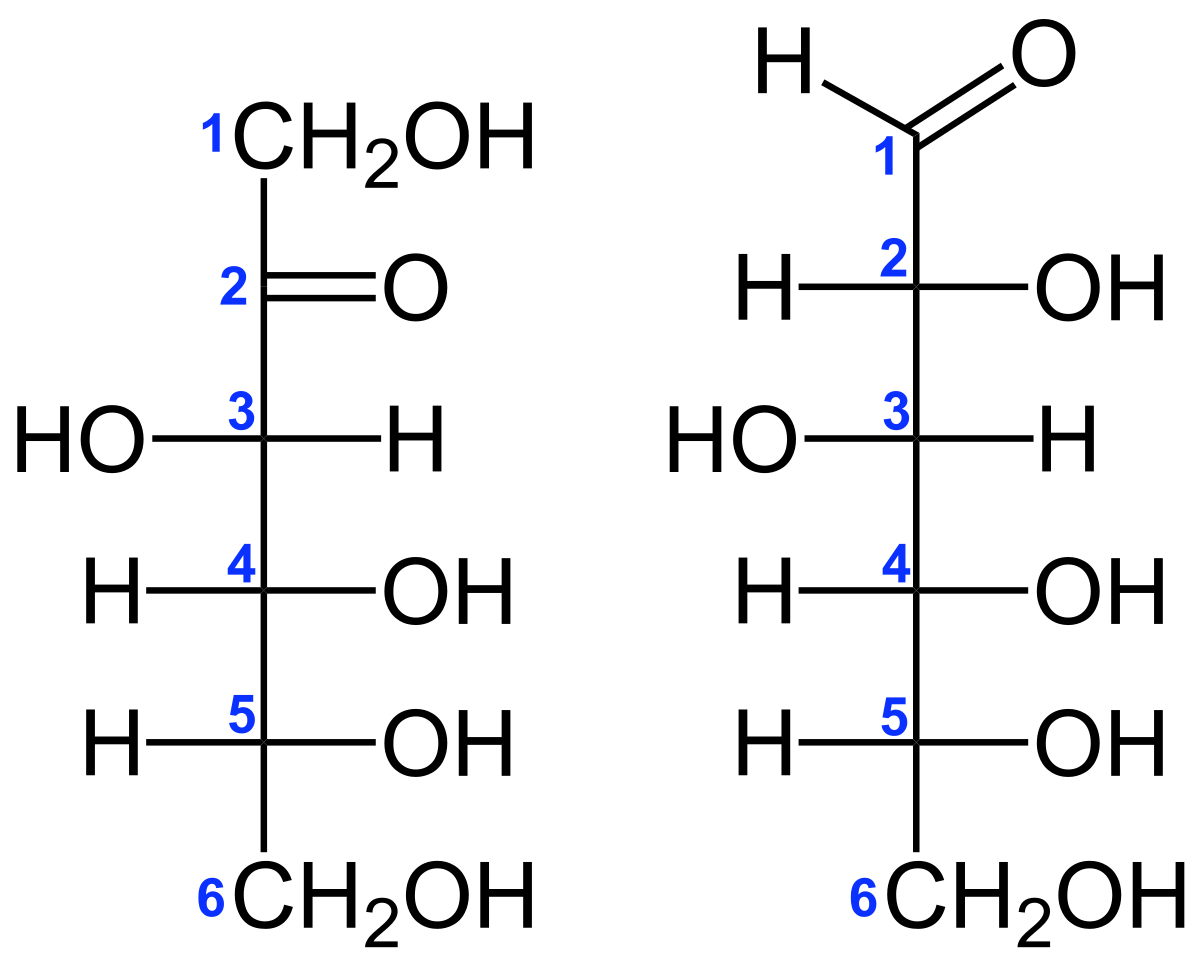Glucose And Fructose Combine To Form
Glucose And Fructose Combine To Form - When this reaction is coupled to atp hydrolysis, it can take place, occurring in two energetically favorable steps. It comes from sugar cane or sugar beets, and it is commonly known as table sugar. Web glucose and fructose combine to form sucrose. A hydrogen atom from one molecule and a hydroxyl group from the other molecule are eliminated as water, with a resulting covalent bond linking the two sugars together at that point. Glucose and fructose, two monosaccharides, when added together form sucrose, a disaccharide. This reaction is thermodynamically unfavorable (requires energy). Typically extracted as cane or beet sugar. Web in the uncoupled reaction, glucose and fructose combine to form sucrose. Glucose and galactose combine to form maltose. Glucose and fructose are examples of (monosaccharides or enzymes) and (water or sucrose) is an example of a disaccharide.
Web glucose and fructose are which isomers. If sucrose is treated with acid or heat, it hydrolyzes to form glucose and fructose. Glucose and fructose are functional isomers of each other because they have same molecular formula that is c 6 h 12 o 6 but different functional group in their chemical formula. Web biology questions and answers. Glucose and galactose combine to form maltose. Two glucose combine to form lactose. Glucose and fructose are examples of (monosaccharides or enzymes) and (water or sucrose) is an example of a disaccharide. Glucose and fructose, two monosaccharides, when added together form sucrose, a disaccharide. Web fructose and glucose combine to form the disaccharide sucrose, which we know as common sugar. Glucose and fructose combine to form sucrose.
Glucose has aldehyde group while fructose has ketone as functional group. Glucose and fructose combine to form sucrose. Typically extracted as cane or beet sugar. It is relatively difficult for organisms to break down molecules of cellulose. Therefore, organisms largely use cellulose as a (store of energy or structural material). Glucose + fructose + sucrose + based on the information above and your knowledge of reactions in the cell, please answer the two questions below. They differ in the nature of the functional group. Web glucose and fructose are which isomers. Web listed in food ingredients as dextrose. This mixture of sucrose, glucose and fructose is also called invert sugar.
7.2 Carbohydrates Microbiology Canadian Edition
It comes from sugar cane or sugar beets, and it is commonly known as table sugar. It is relatively difficult for organisms to break down molecules of cellulose. Glucose has aldehyde group while fructose has ketone as functional group. Therefore, organisms largely use cellulose as a (store of energy or structural material). Typically extracted as cane or beet sugar.
Glucose fructose syrup How is it produced? Eufic
Two glucose monomers combine to form maltose. Glucose and galactose combine to form lactose. Glucose and galactose combine to form maltose. Web when fructose and glucose combine, they form the disaccharide sucrose. Glucose and fructose are examples of (monosaccharides or enzymes) and (water or sucrose) is an example of a disaccharide.
Glucose Fructose Syrup Enzymes enzymes.bio
Glucose and galactose combine to form maltose. Glucose and fructose, two monosaccharides, when added together form sucrose, a disaccharide. Glucose and fructose combine to form sucrose. A hydrogen atom from one molecule and a hydroxyl group from the other molecule are eliminated as water, with a resulting covalent bond linking the two sugars together at that point. It comes from.
Sugar vs. HFCS Nuff Zedd
Web in the uncoupled reaction, glucose and fructose combine to form sucrose. Web biology questions and answers. Two glucose combine to form lactose. If sucrose is treated with acid or heat, it hydrolyzes to form glucose and fructose. Web glucose and fructose combine to form (enzymes or sucrose).
AboutCSIDsucrose_into_glucose_fructose CSID Disease Information
Therefore, organisms largely use cellulose as a (store of energy or structural material). Glucose and galactose combine to form maltose. Glucose and fructose are examples of (monosaccharides or enzymes) and (water or sucrose) is an example of a disaccharide. Web when fructose and glucose combine, they form the disaccharide sucrose. This mixture of sucrose, glucose and fructose is also called.
Fructose Linked to a Wide Range of Diseases, Study Finds AMAC The
Glucose and galactose combine to form maltose. This reaction is thermodynamically unfavorable (requires energy). Therefore, organisms largely use cellulose as a (store of energy or structural material). Two glucose combine to form lactose. It comes from sugar cane or sugar beets, and it is commonly known as table sugar.
Saharoza Chemistry Dictionary & Glossary
Two glucose combine to form lactose. Web image by flickr.com, courtesy of david goehring. If sucrose is treated with acid or heat, it hydrolyzes to form glucose and fructose. Typically extracted as cane or beet sugar. Glucose and fructose are functional isomers of each other because they have same molecular formula that is c 6 h 12 o 6 but.
Glucose vs. Fructose vs. Sucrose What Is It All About? GGP
They differ in the nature of the functional group. Two glucose combine to form lactose. Typically extracted as cane or beet sugar. Glucose and galactose combine to form lactose. Glucose and fructose combine to form sucrose.
Fructose How Fructose Converted into Glucose? Structure and Formula
Glucose and fructose are examples of (monosaccharides or enzymes) and (water or sucrose) is an example of a disaccharide. Glucose and fructose combine to form sucrose. It is relatively difficult for organisms to break down molecules of cellulose. Web the figure below shows how a glucose molecule and a fructose molecule combine to form a sucrose molecule. Glucose and galactose.
Highfructose corn syrup Wikipedia
Glucose and fructose combine to form sucrose. Web the figure below shows how a glucose molecule and a fructose molecule combine to form a sucrose molecule. Typically extracted as cane or beet sugar. It comes from sugar cane or sugar beets, and it is commonly known as table sugar. This reaction is thermodynamically unfavorable (requires energy).
It Comes From Sugar Cane Or Sugar Beets, And It Is Commonly Known As Table Sugar.
Glucose and galactose combine to form lactose. Glucose and fructose are examples of (monosaccharides or enzymes) and (water or sucrose) is an example of a disaccharide. Web glucose and fructose combine to form sucrose. Sucrose is the sugar we know as sugar or table sugar.
Web Fructose And Glucose Combine To Form The Disaccharide Sucrose, Which We Know As Common Sugar.
Glucose and galactose combine to form maltose. Web glucose and fructose are which isomers. Glucose and fructose, two monosaccharides, when added together form sucrose, a disaccharide. Two glucose monomers combine to form maltose.
Write In Question Glucose And Fructose Combine To Form A Disaccharide Called Sucrose.
Two glucose combine to form lactose. Web in the uncoupled reaction, glucose and fructose combine to form sucrose. Therefore, organisms largely use cellulose as a (store of energy or structural material). This mixture of sucrose, glucose and fructose is also called invert sugar.
Web Biology Questions And Answers.
Two glucose combine to form lactose. They differ in the nature of the functional group. It is relatively difficult for organisms to break down molecules of cellulose. This reaction is thermodynamically unfavorable (requires energy).
